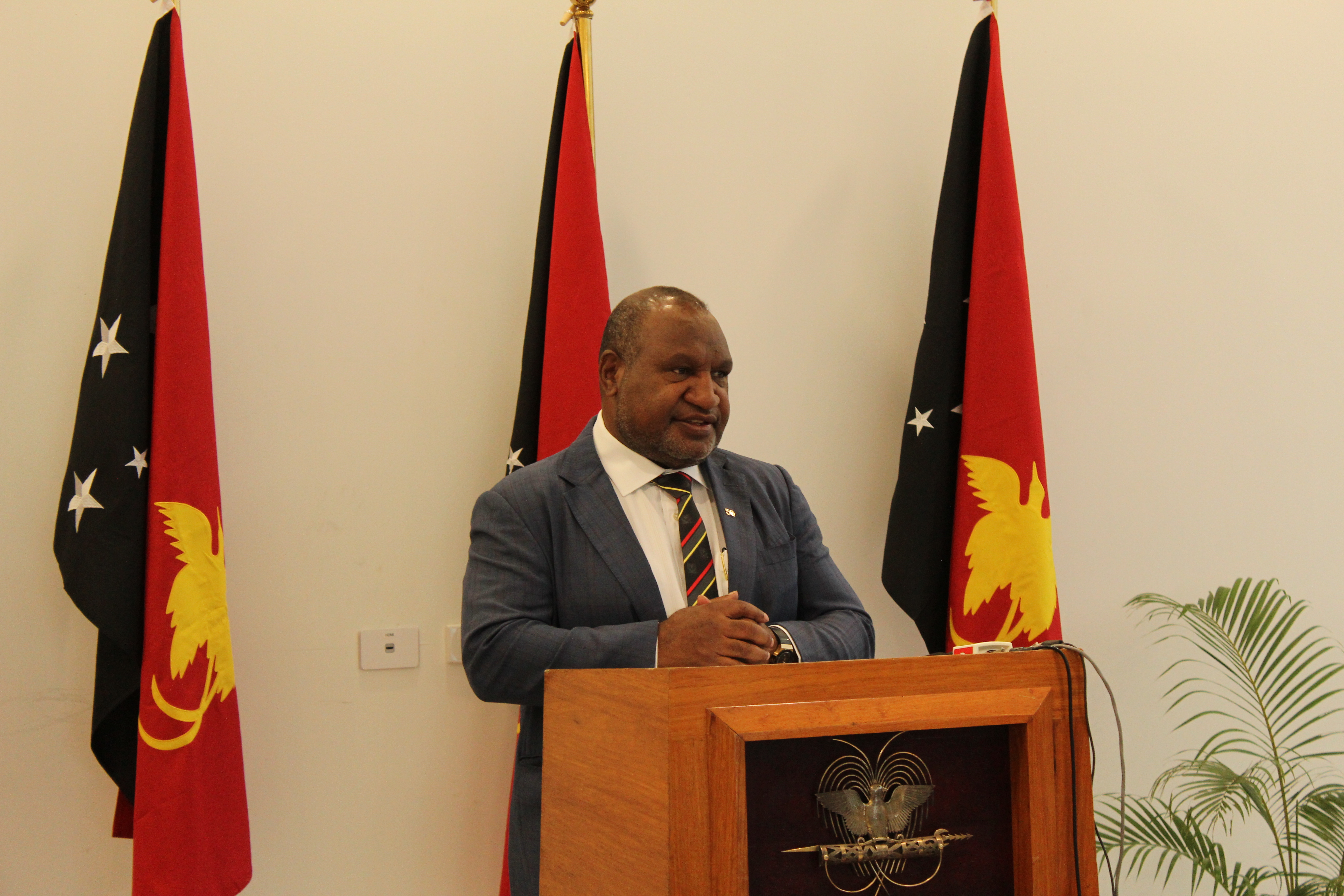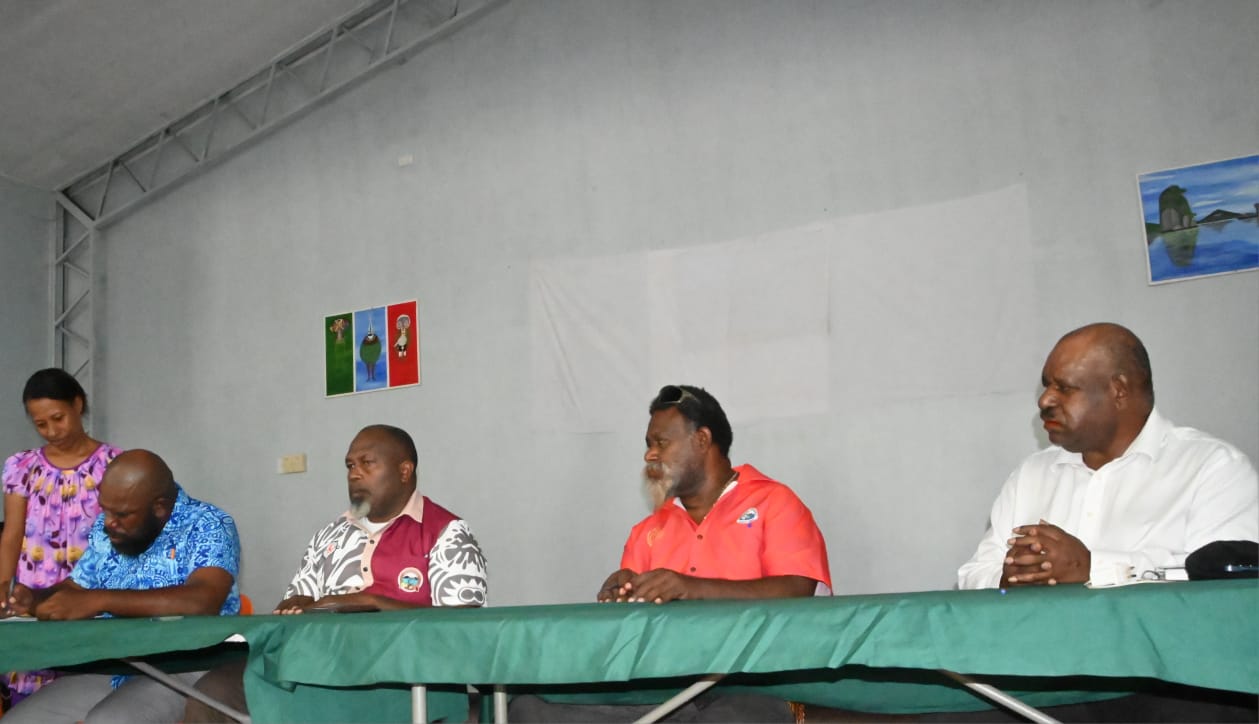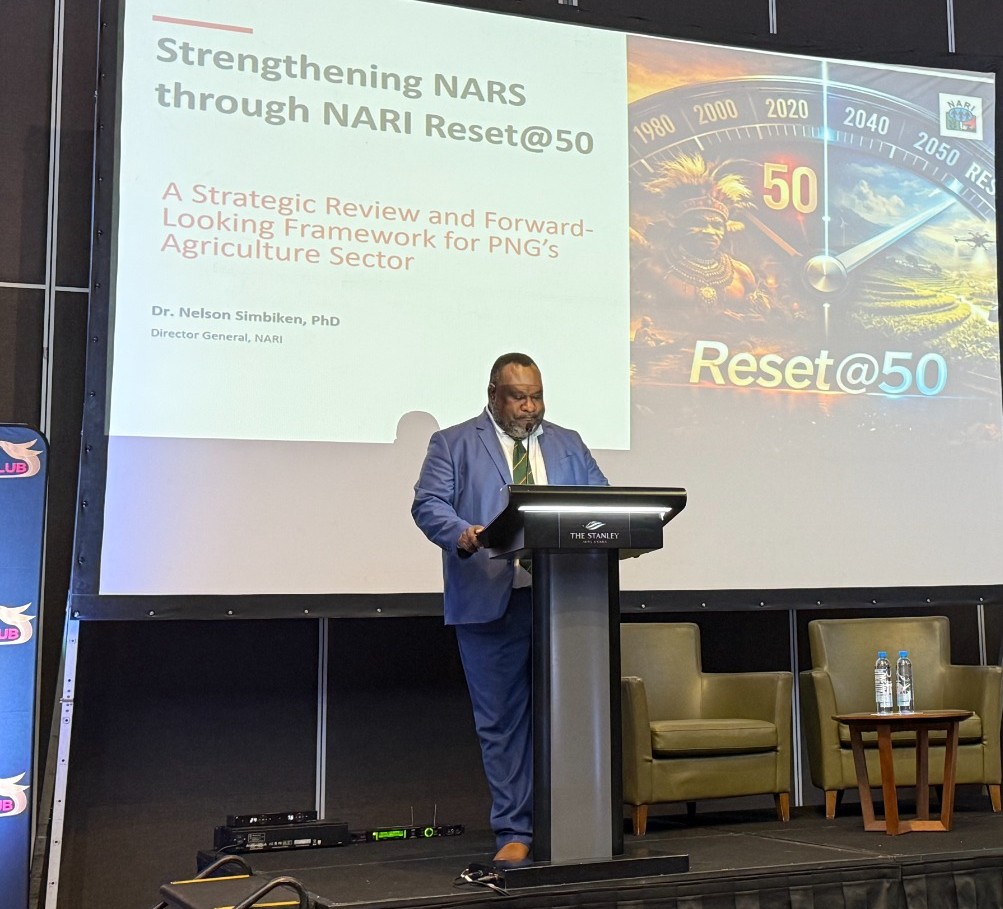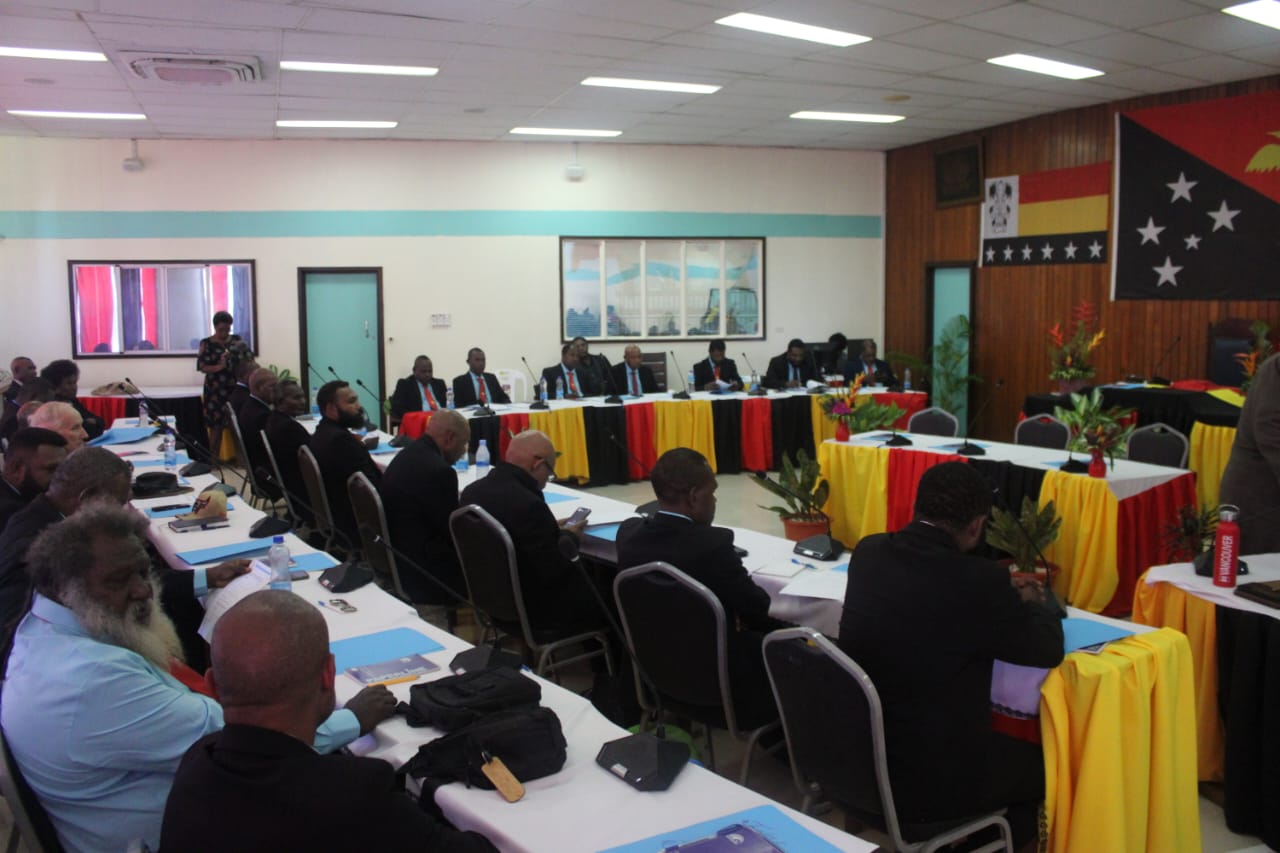Foreign investors intending to enter a market like here in Papua New Guinea (PNG), would consider a whole lot of things before considering making a final investment decision. Perhaps one of the important things to look at is how the government behaves and its relationship with the private sector.
Speaking at the two- day 3rd EU- PNG Trade and Investment Conference in Port Moresby, the President of PNG Europe Business Council Inc. Mr. Michael Sullivan, pointed out that perhaps an important aspect to this, is government debts and how quickly it repays it.
“Regrettably, the PNG government has a poor history of paying its debts on time and this is of concern to the business council because paying your debts as and when they fall due, is a fundamental principle of business,” said Mr. Sullivan.
“For whatever reason, the government has often found it easier to allow its domestic debts to accumulate and then pay them when considerable pressure is applied.”
He told the delegates and foreign investors that the recent lockout of government tenants from Nambawan Super Limited (NSL) owed buildings because of long overdue rentals owed to the superfund, is a perfect example of that.
“Government is meant to set an example. If the government doesn’t pay its debts on time, then how can the private sector be expected do so?”
In cases where the government still owes money, he said the government currently owes landlords as much as K600 million in unpaid rent for privately owned office space occupied by public servants.
“In addition, the government owes PNG Power somewhere between K90 million and K320 million for electricity supplied to Government departments and projects.
He said PNG Power in turn is telling the Independent Power Producers (IPPs) that supply electricity to the grid that PNG Power is unable to pay them because the government has not paid PNG Power.
“The worst affected IPPs are Niu Power followed by Dirio Power and POSCO,” said the president.
Sullivan also said the state has received a lot of revenue coming in from the PNG LNG project since 2014 and foreign aid and low interest rate loans from bilateral nations, but even with all these funding, the state continues to delay when it comes to repaying its debts.
He further stated that, if the government is not paying its debts on time because of administrative blockages, then this needs to be addressed urgently.
“Alternatively, if the government is not paying its debts on time because the money that would otherwise be available to do so is not allocated for this purpose or is misspent, misappropriated or otherwise lost, then this needs to be investigated and a public explanation provided.”
Nevertheless, Mr. Sullivan concluded by saying that its vital government improves on this and on other matters commonly associated with government businesses, because this will in turn result in seeing favourable responses from foreign investors, like from Europe who would want to do business with PNG.






